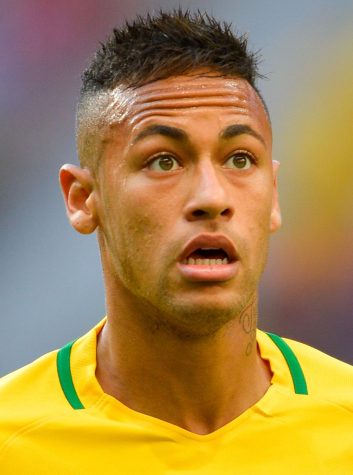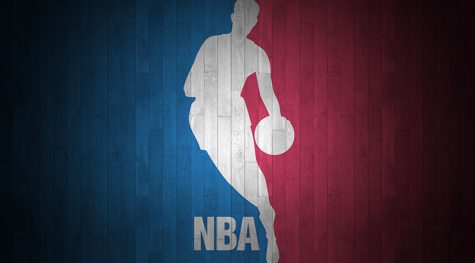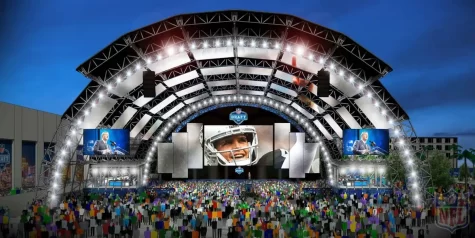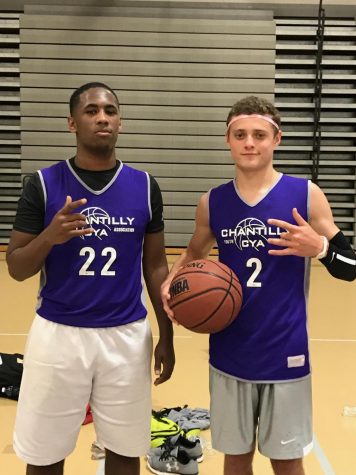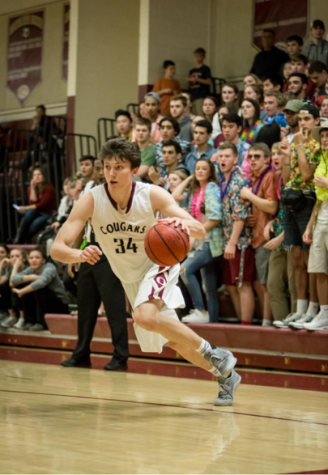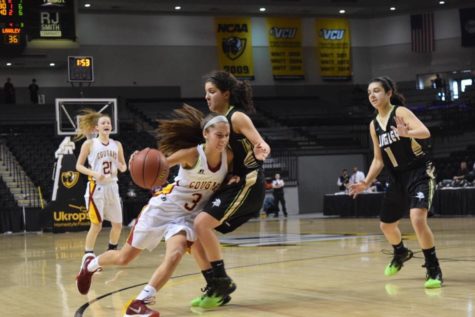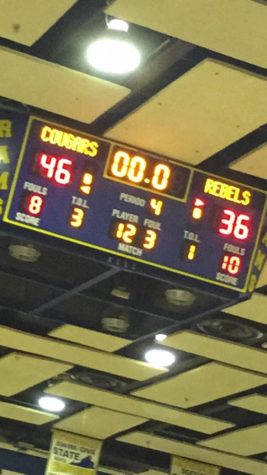WNBA Expansion: The Big and Needed Change
WNBA commissioner Cathy Engelbert hears one question repeatedly, the same one her predecessors have been asked for more than a decade: When will the 12-team WNBA expand?

Photo Courtesy of ESPN
The WNBA played a preseason game in Toronto earlier in the season; the Minnesota Lynx met the Chicago Sky at Scotiabank Arena, and the question comes up even more precisely. Will Canada’s most populous city, home of the NBA’s Toronto Raptors, get a WNBA expansion team?
Toronto has long been on the list of cities in the mix. Engelbert said she would like to see two more teams come into the league in the foreseeable future. The Bay Area, Toronto; Denver; Austin, Texas; Nashville, Tennessee; Charlotte, North Carolina; and Portland, Oregon, were some of the potential sites she mentioned.
The two cities previously had WNBA teams affiliated with the NBA, but both disbanded. The Charlotte Sting was an original WNBA franchise in 1997 that folded after the 2006 season. The Portland Fire barely had time to get established before it folded, running from 2000 to 2002.
The Fire symbolizes the pitfalls of the WNBA’s first wave of expansion. Teams launched ostensibly with the support of NBA franchises (required until 2003) when independent owners entered the league but found there needed to be a long-term commitment. The Miami Sol also lasted from just 2000 to 2002.
The 2000-02 period was when the WNBA, which began with eight teams in 1997, was at its largest, with 16 teams. The league has consisted of 12 since 2010.
The Atlanta Dream launched in 2008 and is the league’s most recent expansion team. Franchises have moved since then: The Detroit Shock (which began in 1998) relocated in 2010 to be the Tulsa Shock, which then moved and became the Dallas Wings in 2016. As well as the San Antonio Stars, who began as an original WNBA team in 1997 in Utah before going to Texas, moved in 2018 and became the Las Vegas Aces.
But 15 years have passed since a new franchise came into the league, which is why talk of expansion always prompts more caution than optimism from longtime observers of the WNBA. We’ve heard “There continues to be dialogue with potential owners” or some version for a long time.
What’s holding back expansion? Which cities seem the most likely for teams? What is a reasonable time frame? Here is a look at the expansion situation in the WNBA.
Let’s put it this way: Some cities/areas have been discussed more and have some ownership infrastructure. California’s Bay Area tops that list.
The Sacramento Monarchs were one of the original eight teams but folded after the 2009 season after of the global financial crisis of 2007-09. With the loss of the Monarchs, the Los Angeles Sparks(another original franchise) are the only WNBA team left in California. For a brief time, the Sparks were rumored to be on the move to the Bay Area before they were bought in 2014 by their current ownership group, which includes Los Angeles Lakers legend Magic Johnson.
There are thought to be two potential owners in the Bay Area. The African American Sports & Entertainment Group, which includes former WNBA player Alana Beard, hopes to bring a WNBA team to play at Oakland Arena. That’s the former home of the NBA’s Golden State Warriors, who now play at Chase Center in San Francisco and have long been rumored to have interest in a WNBA franchise, too.
Engelbert has been on record saying it “doesn’t seem right” that the Bay Area, home to the women’s college basketball powerhouse Stanford Cardinal, doesn’t have a WNBA team.
Toronto appears to also be higher on the expansion potential list, with the preseason game as more evidence.
“This is a major step forward for Canada,” said Seattle Storm guard Kia Nurse, a native of Hamilton, Ontario. “Someone asked me the other day: ‘What’s your first memory of the WNBA?’ I’m like, ‘I don’t know, college?’ We didn’t have it on TV in Canada. You didn’t see it.
“Now that they can see these games … to have this game in person and be able to go out there and see [Canadians] Bridget Carleton, Natalie Achonwa, now you’re seeing people who have come from similar parts to where you live. It’s a bit of a test run to prove to the WNBA that there is a market there, and people are excited.
Maple Leaf Sports and Entertainment owns the NHL’s Toronto Maple Leafs, the NBA’s Raptors, the Argonauts of the CFL, and Toronto FC of MLS, which has looked into what it might take to bring in a WNBA team.
Expanding the WNBA to Toronto would be very big for the league to get more attention and a bigger brand, especially with Toronto natives being very loyal to all of their sports teams.

Hi! My name is Kaleb Steele and I am a senior. This is my first year on the editorial board and i'm excited to see where my final year takes me. I like...



